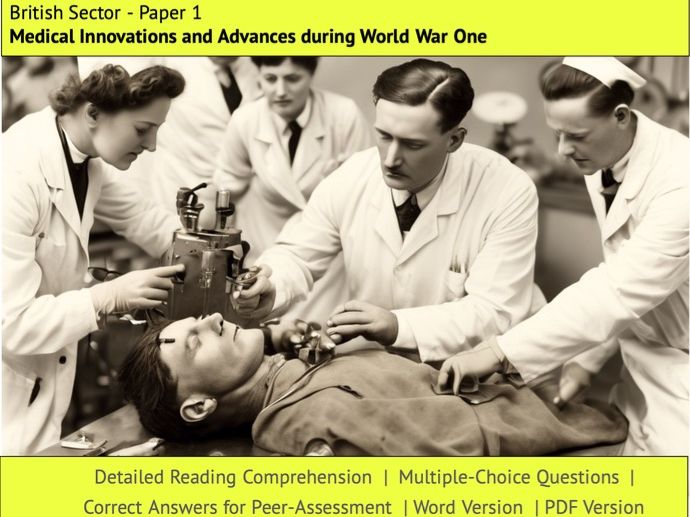HumanitiesResources' Shop
We provide KS3, GCSE and A-level History and Sociology resources that inspire, challenge and encourage students knowledge and understanding. You will find a range of resources for example Venn diagrams, matching activities, flashcards, primary sources, mysteries and full lessons and lectures. If there are topics you would like to see featured on our shop please let us know via our Twitter account!















